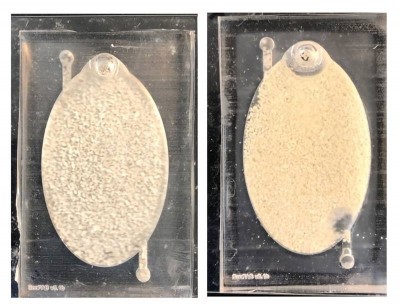Evolution: Miniproteins appeared “from nowhere”
Max Delbrück Center for Molecular Medicine in the Helmholtz AssociationEvery biologist knows that small structures can sometimes have a big impact: Millions of signaling molecules, hormones, and other biomolecules are bustling around in our cells and tissues, playing a leading role in many of the key processes occurring in our bodies.











20240326113011.png&width=400&height=400)





























